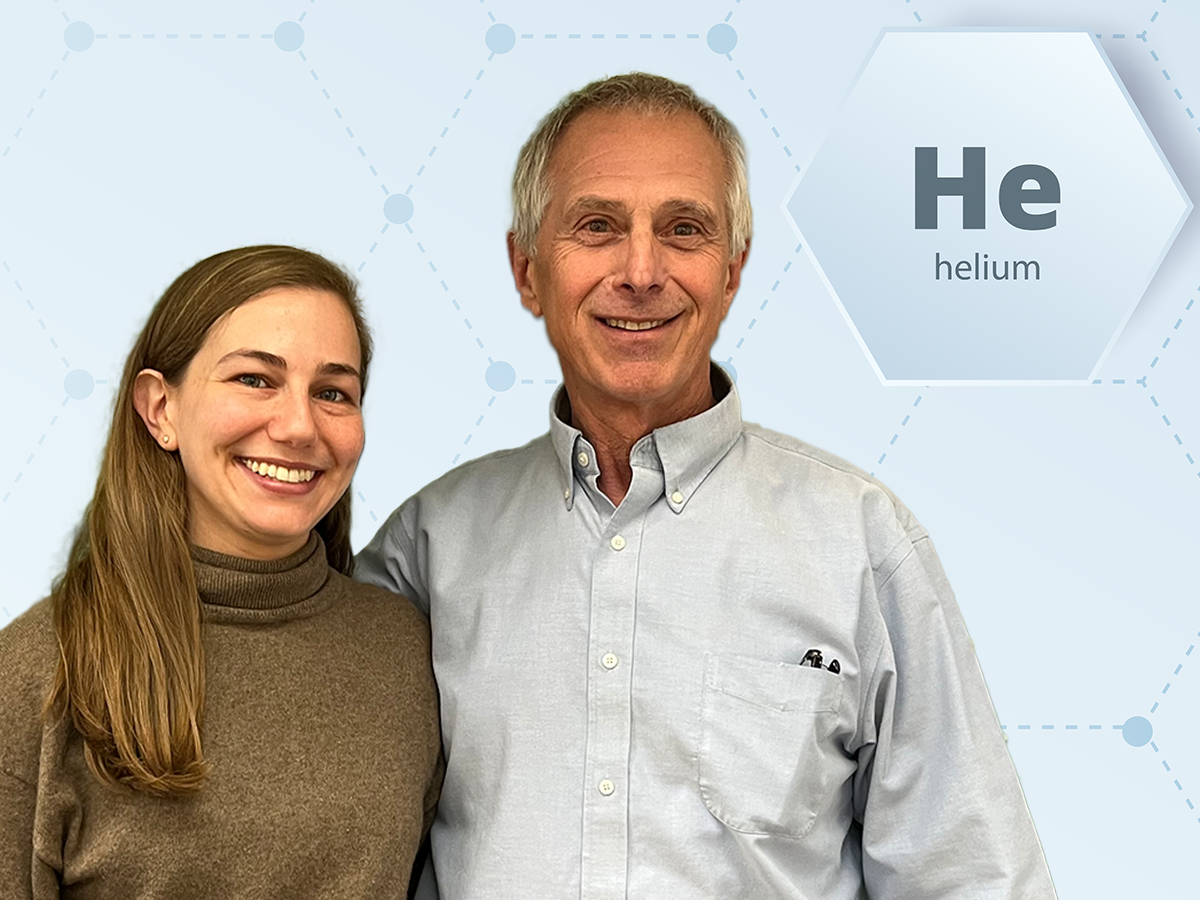
Calling for Your Expertise on New Sources of Helium
Here at ARPA-E, we are constantly looking for transformative energy technologies that have the potential to shift the energy landscape in unprecedented ways. We are currently interested in exploring sustainable methods of safeguarding domestic helium production and ensuring helium availability for next generation energy technologies.
Helium is critically important for a variety of technologies, including semiconductor and fiber optics manufacturing, quantum computing, neutron detection, fission and fusion reactor cooling, and leak detection and analysis in gas processing facilities. While the United States is currently a major producer of helium, its share of global production has fallen in recent decades. There have been multiple helium shortages in the past 20 years that have led to price spikes. Increasing domestic production of helium is necessary to mitigate supply chain risk and enable domestic semiconductor manufacturing, as well as next-generation energy technologies that rely on cryogenic cooling.
In this RFI, ARPA-E is seeking your input on three focus areas:
- New Sources of Helium
ARPA-E is seeking input on developing innovative mapping technologies to locate new helium sources.
- New Processes for Crude Helium Production and Upgrading
ARPA-E is exploring advanced separation technologies that will enable helium production from unconventional sources.
- New Recycling and Conservation Technologies
ARPA-E is interested in transformational methods of helium recovery and recycling.
We are seeking input from a wide range of experts, including analytical chemists, chemical engineers, geochemists, geophysicists, geologists, materials scientists, petroleum engineers, process engineers, subsurface engineers as well as prospective end-users of helium, including semiconductor manufacturers, welding technologists, and scientists and engineers working with superconducting materials (e.g., physicists, electrical engineers, biomedical engineers, aerospace engineers). We highly encourage any and all relevant stakeholders to respond!
Please read the RFI document linked below for more information.

